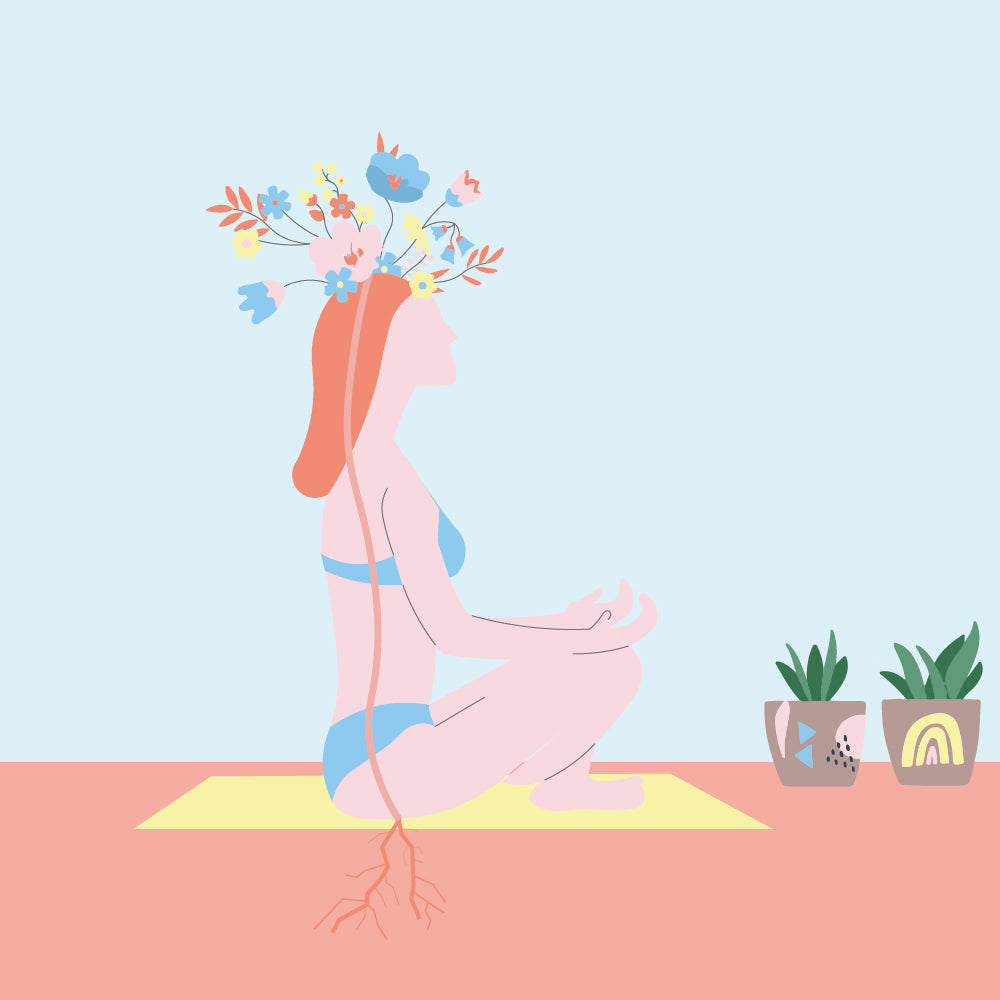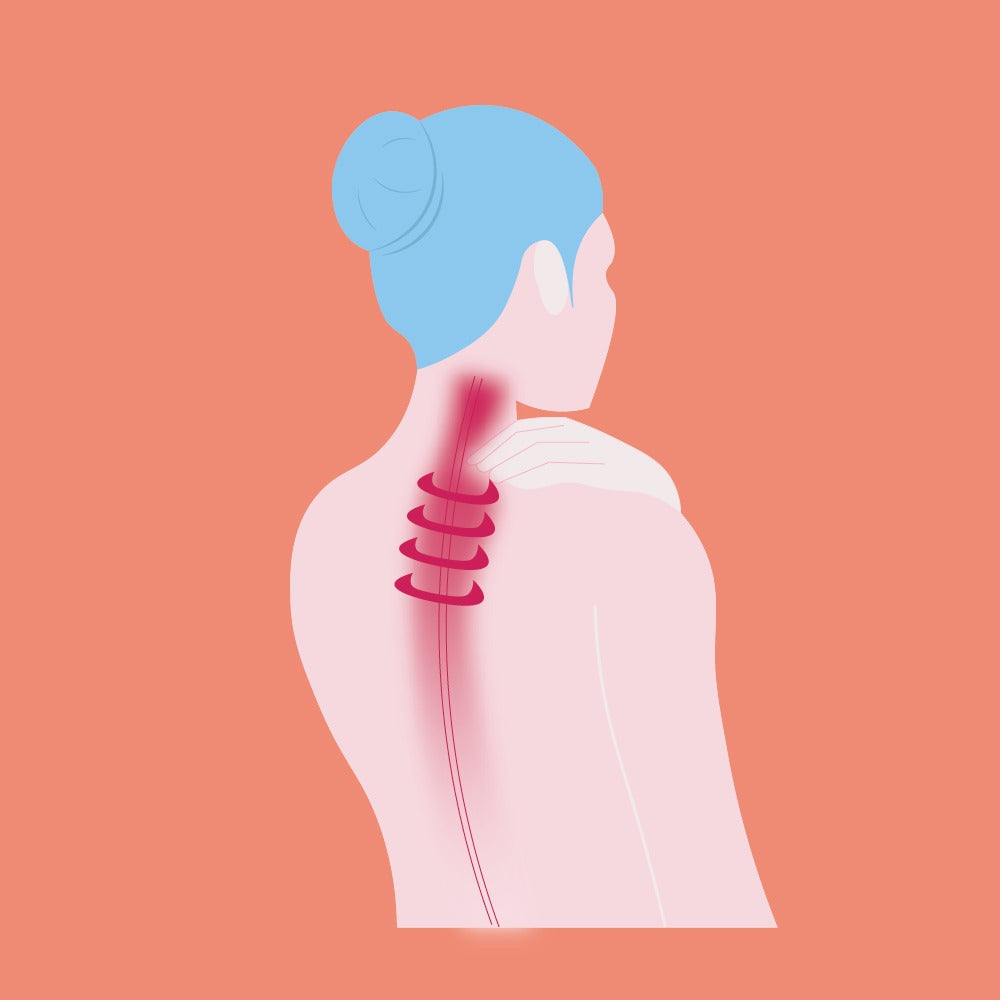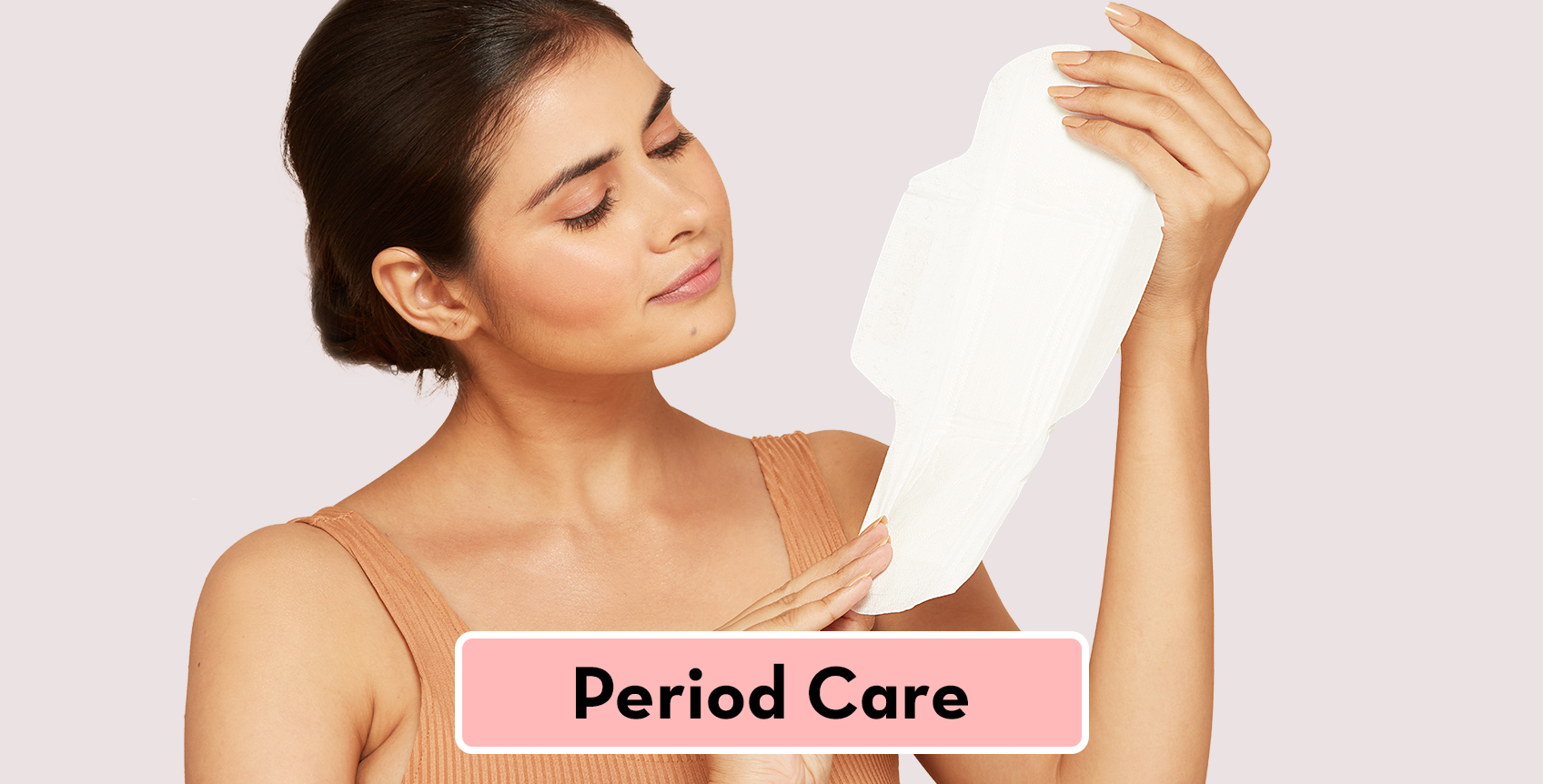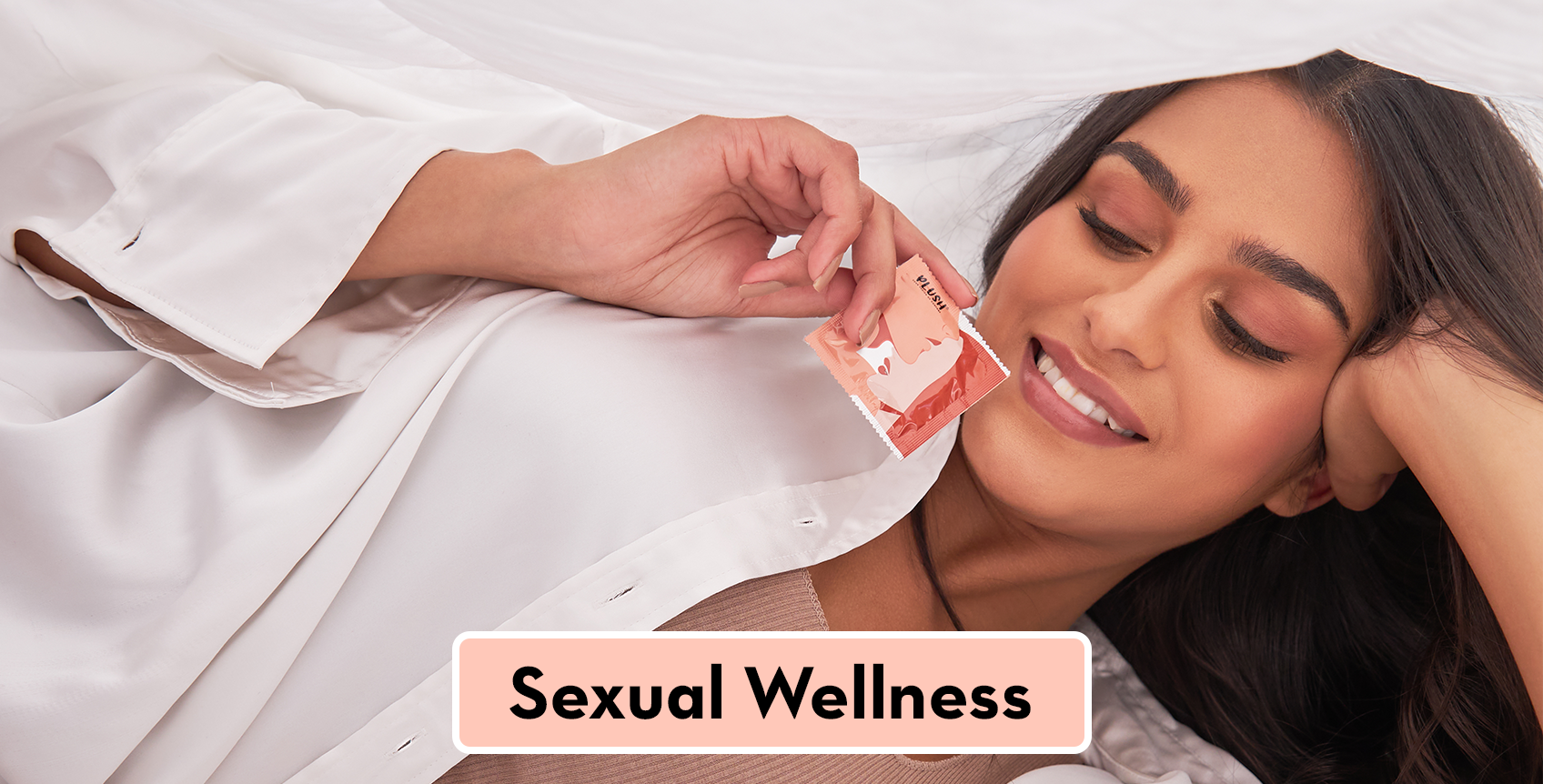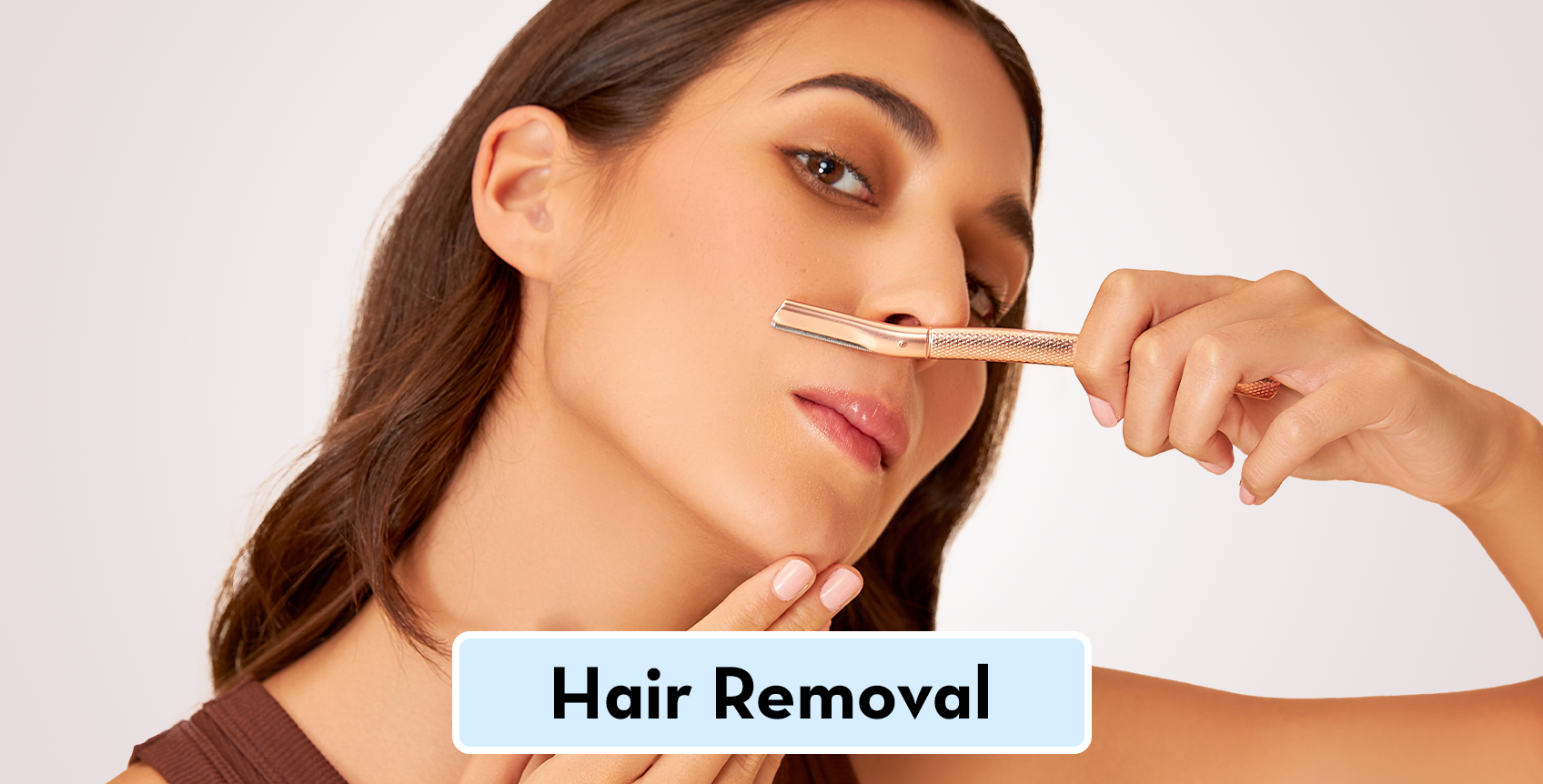What is Vaginal Eczema?
What is Eczema?
Eczema (scientifically known as atopic dermatitis) is a condition where skin gets dry, red, itchy and bumpy.
Eczema makes skin lose its glue (barrier function) and make it more sensitive towards infection and dryness. Neither Eczema harms the body nor does it mean your skin is dirty and is a transmittable disease. Various treatments are available for the cure. “Eczema” originates from the Greek word “ekzein” which means to “boil over” or “break out”. Eczema affects males and females equally and is more common in people who have a personal or family history of asthma , environmental allergies and/or food allergies.
1. What is Vaginal Eczema?

During vaginal eczema the symptoms usually cover itchiness, especially in the outer part where there is hair & thicker skin with creases. Remember, there is no rash unless you keep on scratching. It is never a serious issue to be worried about. It can be cured and can be taken care of only when you seriously wish to. Also, keep in mind that it is typically not limited to the vulva, but may also be around the anal opening and between the buttocks.
2. What are causes Vaginal Eczema?

It is mainly triggered by physical irritants like sanitary pads or panty liners (especially if used daily), using lots of soap, toilet paper, deodorant and excessive vaginal discharge. All the physical irritants can cause heat and moisture in the V-area. The friction created in between thighs can lead to irritable rash and unwanted skin problems eventually causing eczema. And it can also be triggered by emotional irritants such as feeling sad, empty and/or anxious, loss of interest in hobbies, decreased energy, feeling tired more often, difficulty concentrating, restlessness, sleeplessness, weight change, talking about emotional irritants can cause a spike in the hormone cortisol (A.K.A the stress hormone). When your body produces high amounts of cortisol because of stress, your skin can become abnormally oily. This can then trigger an eczema outbreak.
3. How is Vaginal Eczema treated?

You can apply Cortisone cream once or twice a day, as per your physician's instructions. It is important to discuss and get a consult from your gynecologist when the rashes and irritation gets worse in the genital area. Mainly, make sure to not to avoid this problem, whether in the genital area or anywhere on the skin. If stressful life triggers your eczema, do not feel hesitant to visit a counselor and get a solution to cope with emotional triggers to avoid it. Eating certain foods doesn't appear to cause eczema, although it may trigger a flare-up if you already have the condition. Maintaining an eczema-friendly diet is key to overall condition management.
4. What to eat and not to eat?

Healthy foods to include in a meal to help with eczema are foods containing Quercetin. Quercetin is a plant-based flavonoid. It helps give many flowers, fruits, and vegetables their rich color which Includes apples, blueberries, cherries, broccoli, spinach and kale. Food containing probiotics such as yogurt, contain live cultures that help support a strong immune system. This also includes sourdough bread, miso soup, naturally fermented pickles and soft cheeses such as Gouda. Food options to avoid foods containing preservatives and artificial ingredients may also exacerbate symptoms. This includes dairy products, eggs, sugar and soy nuts.
Leave a Message
This site is protected by reCAPTCHA and the Google Privacy Policy & Terms of Service apply.

